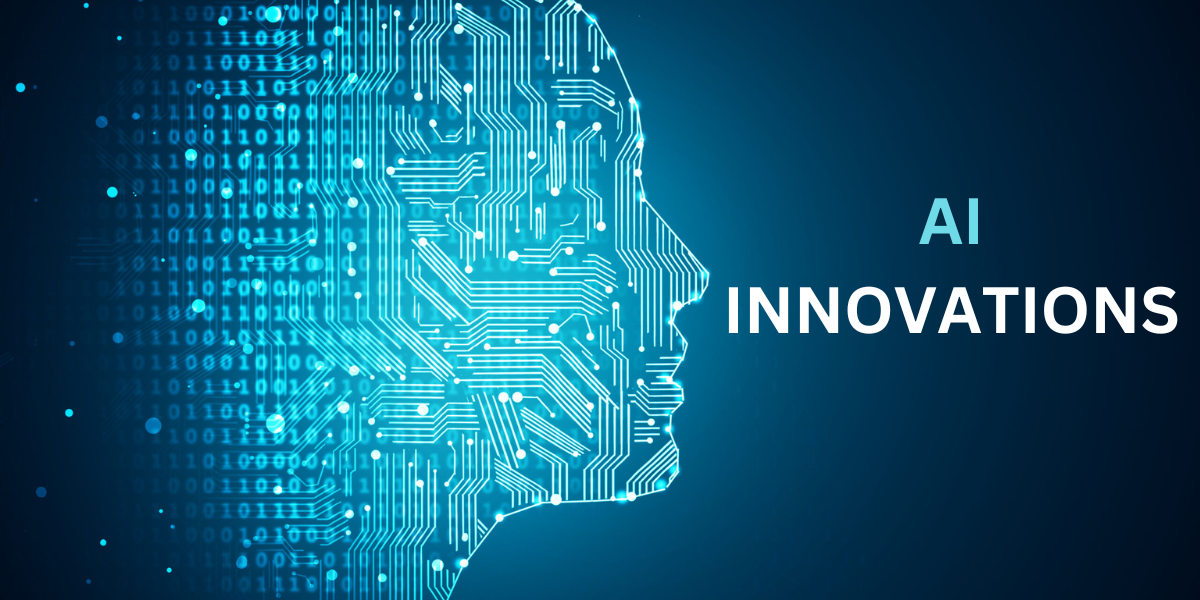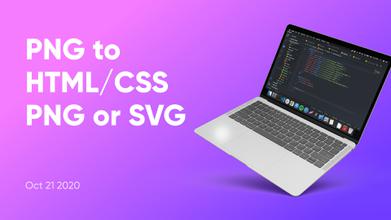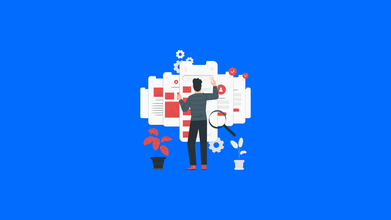5 Innovative Ways to Use AI You Never Thought About
May 06, 2024 9217 seen
Artificial Intelligence Innovations
Yes, yes, I know. Many of us are familiar with AI and its applications, like voice assistants and recommendation algorithms. We also use AI in our work processes, such as design, coding, content writing, etc. But let's be real: AI is still in its early stages, with much more potential to unlock. Imagine what AI could do in healthcare, scientific research, or creative arts. And let's not forget the ethical concerns around AI development. Privacy, bias, and job displacement are valid issues we must navigate carefully.
The only certainty is that AI will continue to surprise us, for better or worse. It's a wild ride, but I'm strapped in and ready for it! But for now, there are several unusual ways to use AI that you may not have considered yet.
Today, I will discuss five innovative ways AI is being used in unexpected fields:
Wildlife Conservation
AI can play a vital role in wildlife conservation by monitoring and tracking endangered species. Using drone footage and sensor data, AI algorithms can detect, classify, and track different animal species, helping conservationists understand their movements and habitats. Additionally, AI can identify poachers through surveillance data, providing real-time alerts to authorities to protect wildlife.
Art Restoration
Art restoration is a delicate process that requires a keen eye for detail. AI can assist in restoring and preserving ancient art by analyzing pieces to identify original colors and designs. Using AI, restorers can uncover the artwork's history and bring it closer to its original form. AI can also help detect forgeries and authenticate artwork, making it a valuable tool for the art world.
Sleep Analysis and Improvement
For individuals struggling with sleep, AI offers a unique solution. By collecting data from wearable devices, AI can analyze sleep patterns and identify potential issues such as sleep apnea or insomnia. The technology can then provide personalized recommendations to improve sleep quality, such as adjusting sleep schedules, suggesting relaxation techniques, or recommending specific lifestyle changes.
Historical Data Reconstruction
AI is making significant strides in reconstructing lost historical data. By analyzing partial or damaged documents, AI can infer missing portions and give researchers insights into ancient texts and records. This ability to restore lost information opens new avenues for historians and archaeologists to understand the past better.
Music Composition
AI can compose original music based on specific genres or styles, opening up new possibilities for musicians and composers. By analyzing vast amounts of music data, AI can create pieces that mimic the style of famous composers or produce entirely new sounds. This technology can be a valuable tool for musicians seeking inspiration or producers seeking a fresh, unique sound.
Please note that these are just a few examples of the many unconventional ways AI can be used across different fields. As technology continues to evolve, we can expect even more innovative applications to emerge, transforming how we interact with the world around us.


